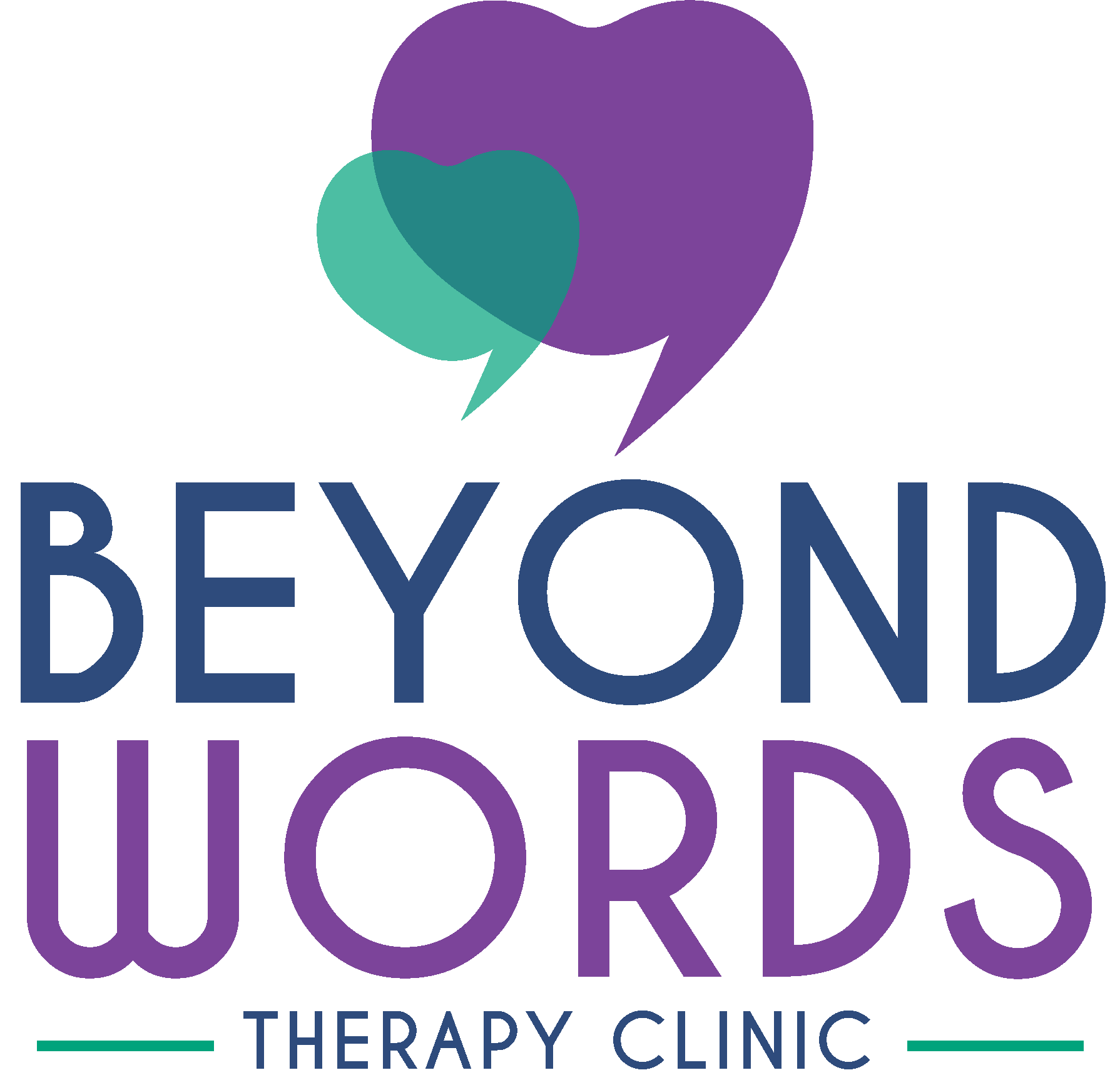DEVELOPMENTAL DISABLITIES
What Are Developmental Disabilities?
A developmental disability (DD) can be defined as delays in reaching developmental milestones such as cognition, motor performance, vision, hearing and speech and behavior.
Intellectual Disability (ID) is a type of developmental disability. It impacts social and practical skills, as well as learning, reasoning, and problem solving. DD and ID can exist with other conditions such as autism spectrum disorder, cerebral palsy, and down syndrome.
While both DD and ID begin during the developmental period, before 22 years of age, communication deficits can persist long into adulthood. Many adults with developmental disabilities can benefit from speech therapy services.
Why Would Adults with Autism Need Speech Therapy?
Autism spectrum disorder (ASD) is a neurodevelopmental disorder characterized by deficits in social communication, social interaction, with limited/repetitive behaviors, interests, speech, or motor movement.
Individuals with DD and other co-occurring conditions such as ASD, may need assistance improving skills in different areas of language, speech production, and social communication skills.
This includes initiating and maintaining conversation, understanding hidden social rules, and language processing. Social communication involves using and understanding nonverbal communication such as facial expressions, eye contact, body language, speaking volume, and tone of voice. In addition, speech therapy services can help with executive functioning such as planning, organization and execution of tasks.
Why Would Adults with Cerebral Palsy or Down Syndrome Need Speech Therapy?
Cerebral Palsy (CP) is a motor disorder that may impact speech, language, and swallowing. An individual with CP may need speech therapy to improve articulation and overall intelligibility, assist with understanding and forming language, and address feeding and swallowing difficulties.
Down syndrome (DS) is a genetic syndrome associated with an intellectual disability, difficulties with skills of daily living, and differences in anatomical structures such as enlarged tongue and low muscle tone. Individuals with down syndrome may need treatment to target speech intelligibility, intonation, and fluency.
Additionally, a speech therapist can assist with expressive language and social communication skills. Speech therapy will provide tools necessary for effective communication.
How Can A Speech Therapist Help?
A speech therapist helps adolescents and adults work on the areas of communication above, including carry-over of trained skills across multiple settings such as home, school, work, and in the community.
Call us today at 731-793-2266 to book your consultation to learn more about how we can support adults with developmental disabilities.
Sources:
ASHA

Helping your child grow and thrive in their communication skills through quality speech therapy.

QUICK LINKS
All Rights Reserved | Beyond Words Therapy Clinic, PLLC
Website Designed by IP Marketing Solutions
